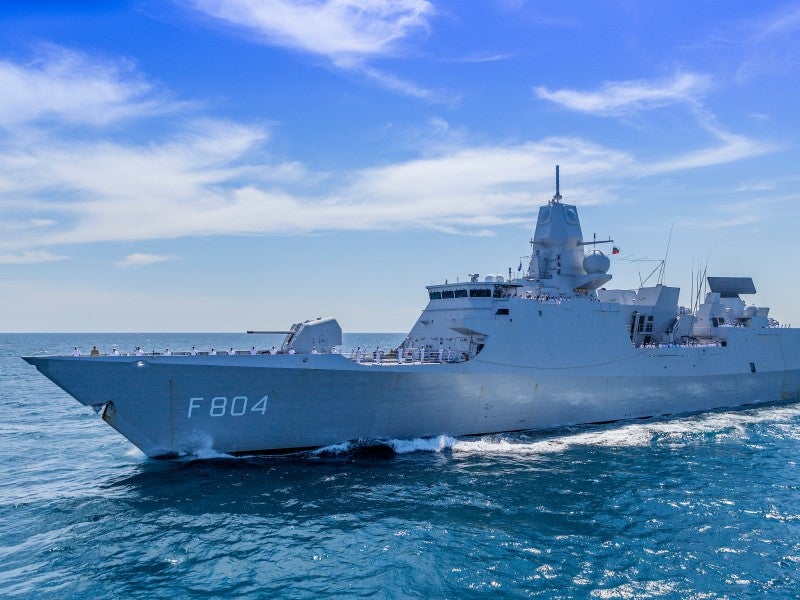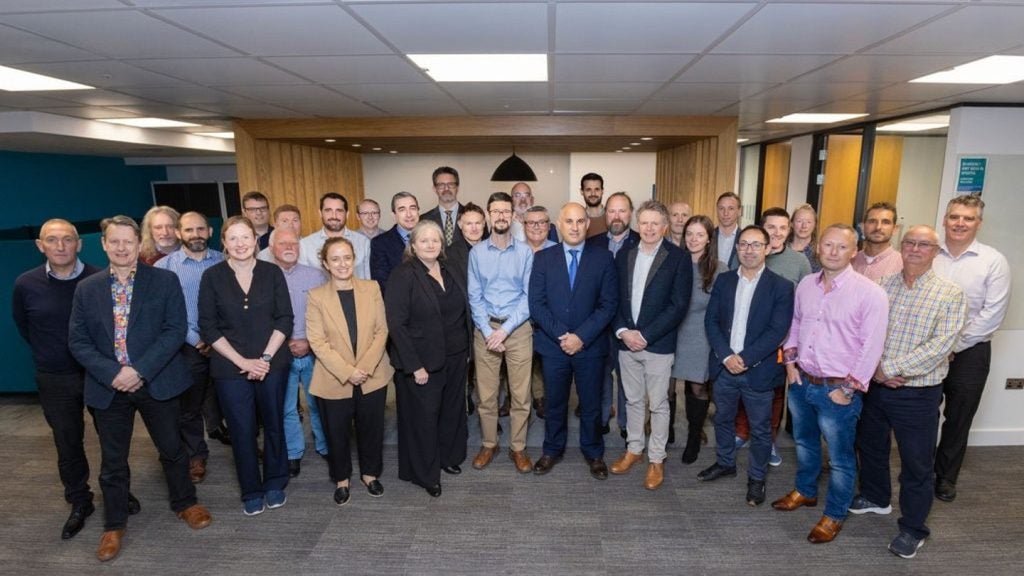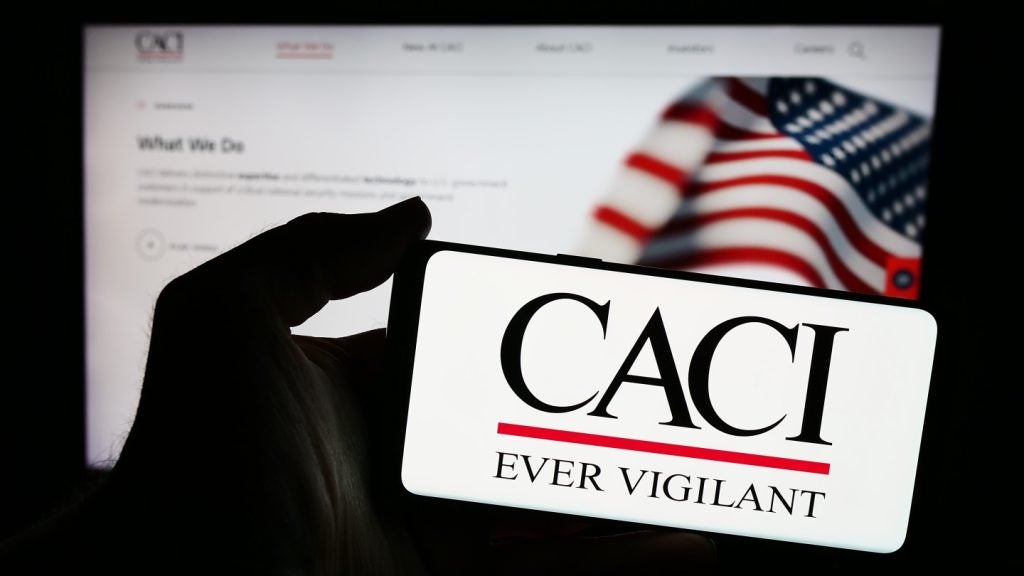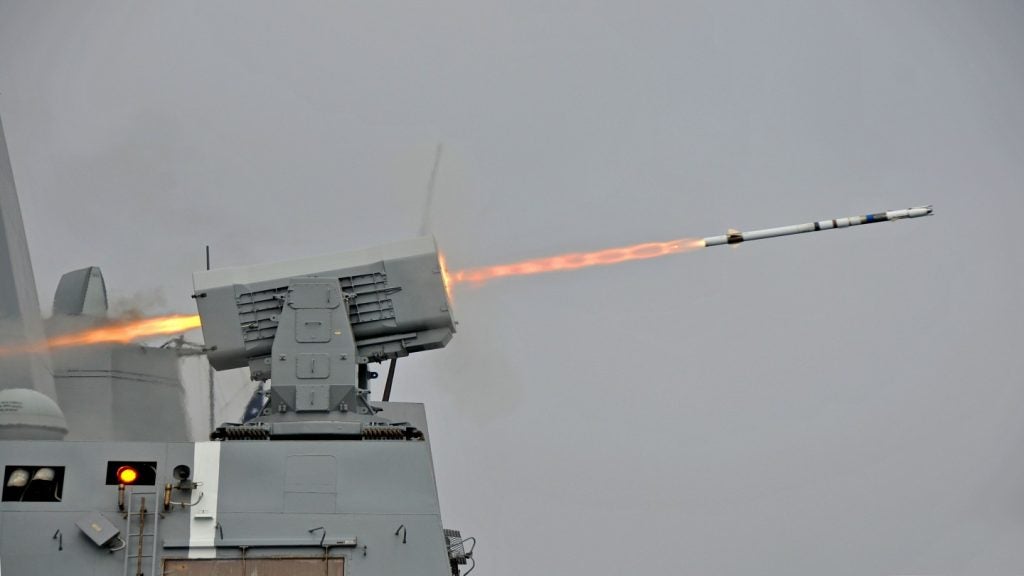The Dutch Navy (RNLN) has a long history of cooperating closely with its neighbours. The RNLN’s joint command with Belgium was formalised in 1996, first began in 1948 when the countries agreed to operate under one command in times of war. This joint command structure now operates under the BENELUX Admiralty, incorporating Luxembourg into the group. Dutch Naval cooperation exists beyond this, with the state regularly working with its European neighbours on joint procurement programmes, and joint missions and operations, with the tradition also extending into the wider defence industry. The decades-old sustainment of cooperation signals a level of success, however translating this to the wider European arena, as the Netherlands would like, is a different problem.
Madeline Wild, Associate Defence Analyst, comments: “By embracing joint command and joint procurement, the RNLN has achieved a much stronger position than if it had tried to maintain wholly sovereign operations. The Dutch Naval fleet is small relative to budget size and to the level of naval protection required due to the length of the Netherlands’ coastline and the Dutch Islands in the Caribbean. The RNLN operates six frigates, ten light combat vessels, four attack submarines, alongside its auxiliary fleet. So, by utilising the strength of neighbouring fleets, the RNLN finds itself in a more strategically desirable position than if operations were carried out on a more isolated plane. For example, since 1961 the RNLN has participated in fleet operational sea training (FOST) with the UK’s Royal Navy: the HNLMS Evertsen was recently prepared for deployment as part of the UK’s Carrier Strike Group in the Indo-Pacific through FOST in Devonport, UK.
“The benefits gained from cooperation don’t end there. By carrying out joint procurement programmes with allied navies, the RNLN enjoys the economic benefits of certain development costs being shared, and also receives vessels of the same model as the allied partner, thus automatically making its fleet highly interoperable. Several of the Netherland’s current procurement programmes are joint with Belgium and Germany. The Netherlands has signed a letter of intent to jointly procure replacements of the Dutch De Zeven Provinciën-class (LCF) frigates and the German Sachsen-class frigates, and the Dutch and Belgian navies are jointly procuring replacement M-frigates, minesweepers and combat support vessels.”
Wild continues: “The reasons for the success of the RNLNs defence integration and cooperation are numerous. For example, joint procurement programmes with Belgium have a proven track record thanks to their close alignment in aims, the size and nature of the existing fleet, and budgetary size, which reduces the number of potential obstacles for the projects. The RNLN, and the wider Dutch Armed Forces, are strongly committed to cooperation and integration, and so work to ensure that these strategies are successful. This is crucial as, without joint operations, the size of the RNLN means that it would struggle to maintain an effective naval force.”
Wild adds: “Broader ideas of European defence integration are frequently debated. Whilst the actions of the Dutch Naval command can and should be used as an example of success in achieving operational and acquisition integration, it does not guarantee that programmes inspired by this will achieve the same results. The Dutch benefit from the use of industrial participation (IP) which equates to an offset policy. When defence goods worth more than €5m are procured from a foreign company, the supplier must invest back into the Dutch defence industry. IP means that potential financial losses when awarding a contract to a foreign firm over a domestic one are reduced. This makes participation in joint procurement programmes easier, as there is reduced need for Dutch firms to be given a large stake in the contract. Compared with larger European nations, such as the UK and France, who politically need to prioritise their domestic defence industry over benefiting from cooperative procurement.”
See Also:
How well do you really know your competitors?
Access the most comprehensive Company Profiles on the market, powered by GlobalData. Save hours of research. Gain competitive edge.

Thank you!
Your download email will arrive shortly
Not ready to buy yet? Download a free sample
We are confident about the unique quality of our Company Profiles. However, we want you to make the most beneficial decision for your business, so we offer a free sample that you can download by submitting the below form
By GlobalData







Related Company Profiles
Royal Navy
LCF SRL